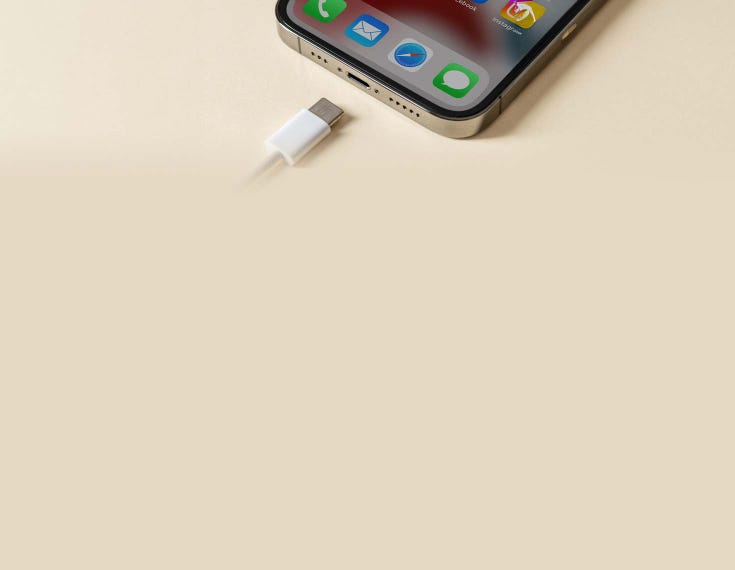The Essentials of iPhone Cables: Your Objective Guide
A Look at iPhone Cables
When it comes to charging and syncing your iPhone, a reliable cable is crucial. Most iPhones come with a standard iPhone Cable that can be used for these purposes. But with time, these cables may fray or degrade, necessitating a replacement. Understanding your options can ensure that you make an informed decision, whether you need a backup or are replacing an old one.
Different Types of Connections
Not all iPhone cables are the same. Traditionally, these cables came with a USB-A port on one end and a Lightning connector on the other. However, newer models have started to adopt iPhone USB-C Cables. These USB-C versions offer faster charging and data transfer speeds compared to their USB-A counterparts. Being aware of the type of connection your device supports is key to choosing the right cable.
Material Matters
While most basic cables come with rubber insulation, there are a variety of materials that can make up the outer layer of your cable. For example, some are wrapped in nylon or other fabric for increased durability. Others may have metal sheathing for added strength. Although these premium materials often come at a higher price, they can offer longer lifespans, making the investment worthwhile for frequent users.
Length and Portability
Cable length can range from as short as 0.5 meters to as long as 2 meters. Shorter cables are more portable and are great for use in tight spaces or with a portable power bank. On the other hand, longer cables offer greater flexibility but may be cumbersome to carry around. Knowing your usage scenarios will help you choose a length that suits your needs.
Safety Standards
While it may be tempting to go for third-party cables due to their often cheaper price, be cautious. Non-certified cables can pose a risk to your device’s safety and may not perform as well as certified options. Always look for cables that are MFi (Made for iPhone/iPad) certified to ensure they meet Apple’s performance standards.
Performance and Compatibility
The performance of your iPhone cable is directly linked to its compatibility with your devices. Newer iPhones generally support faster data transfer and charging speeds, but using an outdated cable can limit these capabilities. To get the most out of your device, it’s advisable to match your cable to your iPhone’s specifications.
How to Choose
Selecting the right iPhone cable comes down to a balance of needs and preferences. Take into account the type of connection, the material, the length, and the safety standards when making your choice. Additionally, consider how often you'll use the cable and in what settings, as this can influence the best option for you.



